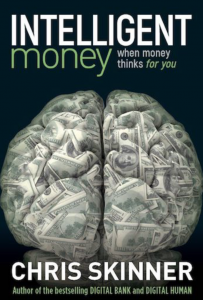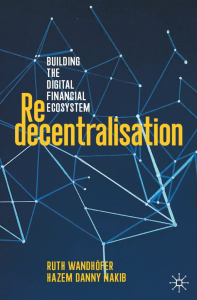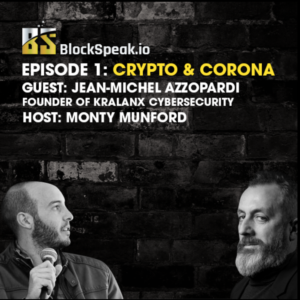In Intelligent Money, Chris Skinner weaves together the intricate threads of finance, technology and human behaviour to create a compelling narrative that challenges conventional wisdom and invites readers to reimagine their relationship with money.
With meticulous research and engaging storytelling, Skinner navigates the complex landscape of modern finance, offering profound insights and practical advice along the way.
Skinner begins by exploring the evolution of money, tracing its transformation from physical currency to digital assets and the emergence of cryptocurrencies. Through insightful analysis, he examines the impact of technological advancements on financial systems, highlighting the opportunities and risks they present. Drawing on examples from around the world, Skinner illustrates how fintech innovations are reshaping the way we think about and interact with money, from mobile payments to blockchain technology.
One of the book’s most compelling aspects is its exploration of the psychology of money. Skinner delves into the deep-seated beliefs and behaviors that influence our financial decisions, shedding light on the subconscious biases that often lead to irrational choices. By understanding the psychological underpinnings of money management, readers are empowered to take control of their financial lives and make more informed decisions.
Skinner’s analysis is not limited to individual finance; he also examines the broader implications of financial intelligence for businesses and society as a whole. He explores the role of fintech in driving economic growth and fostering financial inclusion, while also addressing the challenges of regulatory compliance and cybersecurity.
inner emphasizes the importance of adaptability and lifelong learning in navigating the rapidly evolving financial landscape. He encourages readers to embrace innovation and embrace new technologies, while also advocating for responsible stewardship of financial resources.
In conclusion, Intelligent Money is a thought-provoking exploration of the intersection between finance and technology, offering valuable insights for individuals, businesses and policymakers alike.
Skinner’s vision of a more intelligent approach to money is inspiring and practical, making this book a must-read for anyone seeking to thrive in the financial world of tomorrow. Recommended.


